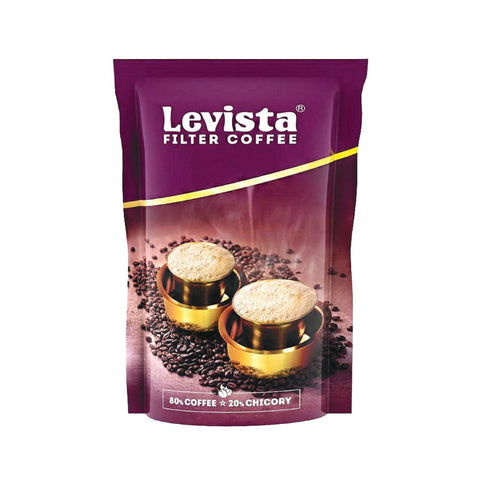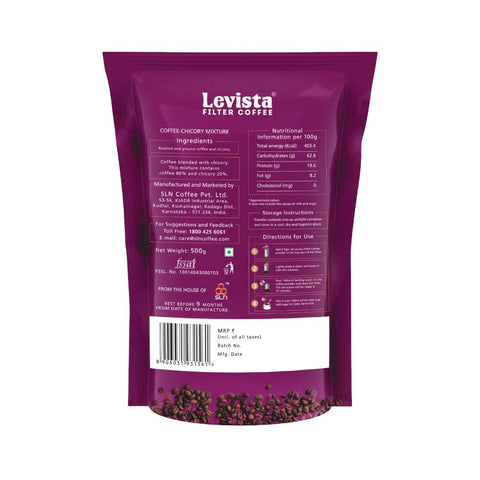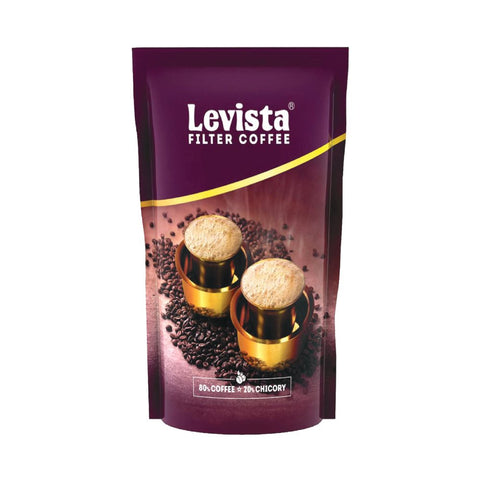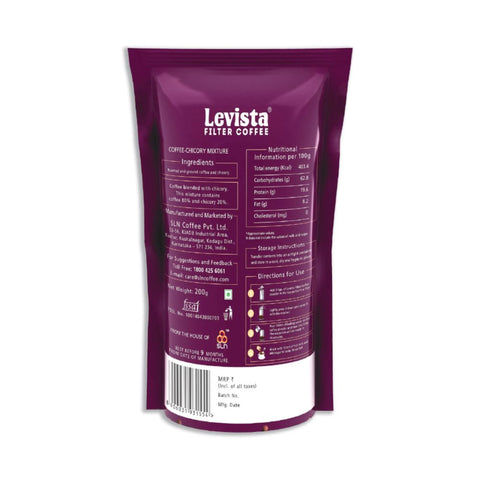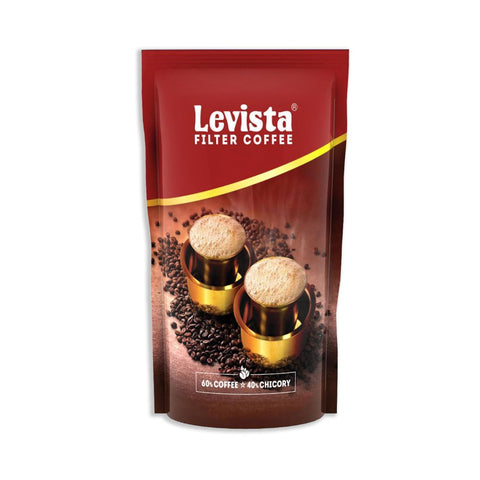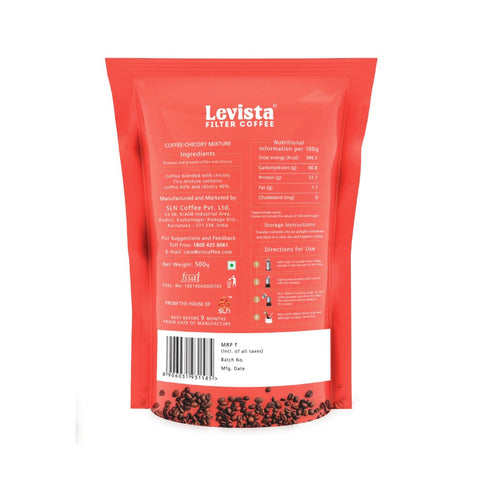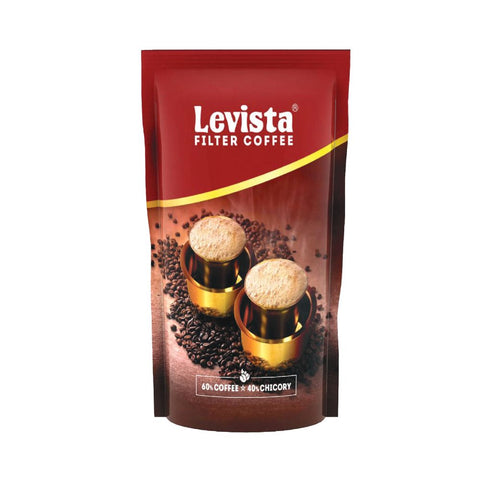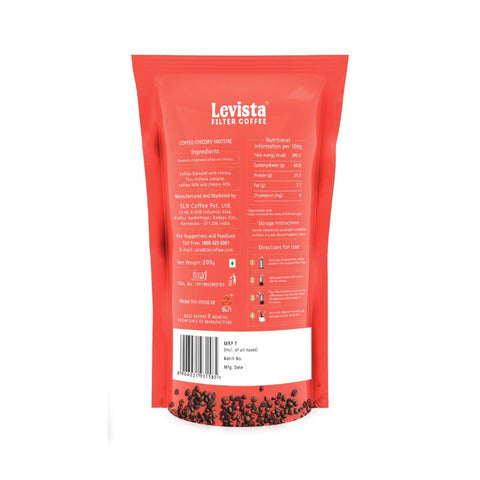Sometimes being a coffee lover can be overwhelming because there are so many coffee types and flavours to try on. For most of them, finding the difference between regular and filter coffee is a task. Here is the answer for you.
Filter coffee can be made by placing fresh ground coffee beans in the machine, pouring hot water over them, and allowing the coffee to flow through a filter, resulting in only the fresh brew. While regular/boiled coffee is made by blending roasted coffee beans in powder with boiling water.
The Authentic Filter Coffee
The most famous coffee in South India is filter coffee, where coffee are served in a traditional davara set in most places, unlike the coffee in mugs or tall glasses. This gives that extra oomph to the coffee.
When it comes to preparing the coffee, people use different pots to filter the coffee powder because the method involves filtering, as the name suggests.
While making the filter coffee, the freshly brewed coffee decoction collected on the bottom of the filter pot is the right flavor that instantly enhances your mood.
Indian filter coffee is traditionally served as a milk-based beverage, and milk's significance in this beverage cannot be overstated.
Levista offers two main types of filter coffees online that you can order with a varied proportion of Chicory.
Levista coffee has a wide range of coffee you can explore. If you want to buy the best filter coffee online, click here for our products.
- Buy Premium coffee Online
- Levista’s premium coffee powder
- Different types of coffee at Levista
- Why Levista Coffee
- Start your Day with the best coffee
- Great Offers on Premium coffee powders
Fun Fact:
- Caffeine levels in instant coffee are often lower than in fresh coffee.
- Instant coffee still contains almost twice as much caffeine as other caffeinated drinks like tea or cola, despite having a lower caffeine level.
Here is a quick tip to make the best filter coffee.
Quick Tip:
Coffee: 7.5-8 gms.
Water temperature: 92-96°C (197-205°F)
Volume of water: 125 ml
Resting time (water/coffee contact): 4-6 mins
Fun Fact:
- Compared to a cappuccino, Indian filter coffee may be less acidic.
Fun Fact about Coffee:
- Only three states—Karnataka, Kerala, and Tamil Nadu—produce more than 90% of the coffee consumed in India.
-
The potassium content of ground coffee beans is estimated to be twice that of instant coffee granules.
Coffee for Everyone
What is Filter coffee?
Indian filter coffee is a specialty coffee prepared by processing finely ground coffee powder in a traditional Indian filter, then combining the resulting decoction with frothed and heated milk. To distinguish it from drip brew coffee, which is typically known as filter coffee, the beverage is referred to be Madras filter coffee or South Indian filter coffee internationally.
How to Choose the Best Filter Coffee?
Indian filter coffee is one of the most special coffees that you can find anywhere in the world. These are widely consumed in the southern parts of India. You can choose to buy the best filter coffee powder at Levista. Levista offers you a great range on filter coffee powders.
Where can I Order the Best Filter Coffee?
There are ways where you can order the best filter coffee, to make things simpler for you, Levista’s filter coffee comes in various quantities and in several packagings. These packages contain the finely roasted filter coffee powder for your daily cup of morning coffee.
How is Filter Coffee Powder Made?
In India, there are two ways to process coffee: dry processing and wet processing. The traditional method of drying in the sun, known as "dry processing," preserves the fruit's flavor-producing qualities. The ideal procedure for higher yields is wet processing, which involves fermenting and washing coffee beans. In terms of the wet processing, the beans go through cleaning to separate the bad seeds. The greatest flavour is then obtained by blending beans of various types and sizes. The following step is roasting, either using roasters or individual roasters. The coffee is then ground to the proper size.
How much Caffeine will be in Filter Coffee?
On average, filter coffee has 150–210 mg of caffeine every 236 ml of brew, which is a little more than instant coffee or any other type of coffee that is regularly consumed.

